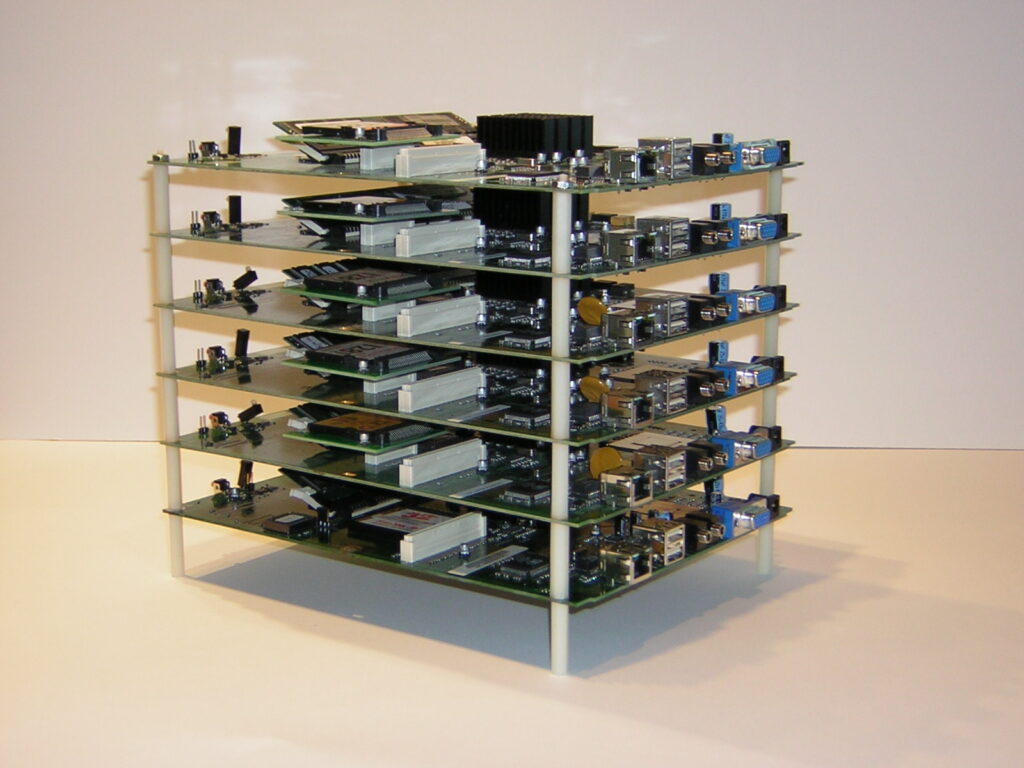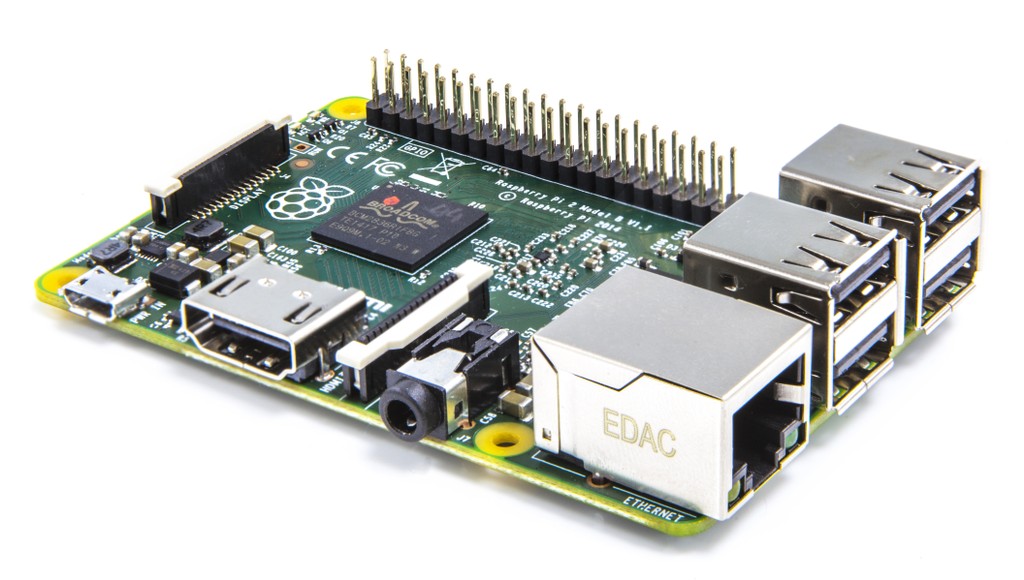
Scientific research requires extensive computing power. Many researchers are turning to distributed, even global, processing power to fulfill this need. Many science and computation enthusiasts are turning to this model as well. Millions of personal computing devices sit idle much of the time. The idea is to harness this potential power, both to allow for a wider base of contributors to science and to provide such computing power on demand. Think of it as a utility like water or electricity, whereby a resource is provided (sold), and consumed (bought), as a traded commodity.
Distributive is a Canadian distributed computing initiative aimed at “Accelerating Science, Innovation, and Discovery”. They have developed the Distributed Compute Protocol (DCP) that provides computing services via web browser. Previous client-server distributed compute systems required a separate ‘crunching’ app to be installed on the client (user’s) computer. DCP is a much simpler to use mechanism, which means less time installing and configuring software, more time doing science. The currency that facilitates this ‘computation trade’ is composed of computing credits, stored in a secure digital wallet. Credits are earned (deposited in the wallet) for contributed compute power. Credits can be spent (withdrawn from the wallet) to purchase compute power.

The Raspberry Pi, although a modest computer, is capable of participating in the DCP effort too. An internet connection and web browser are required to download work units and upload completed tasks. The amount of processing time and resources you’re willing to contribute is entirely up to you and is fully configurable in the DCP Portal’s web page, which is the cleanest and most intuitive interface to a supercomputer this author has ever seen.
There is a demo if you’d like to see DCP in action. There is a growing list of applications and researchers using the DCP platform. It should be a fun project to watch. Public participation in scientific research is a good thing.
*Single notebooks, tablets, phones, and little single board computers like the Pi are not powerful crunching machines. But they do provide a gateway into distributed computing and computational thinking. Perhaps that’s the real value. Who knows? Maybe a few of the casual users of today will someday harness a supercomputer or two into the scientific effort.
Many see citizen science as benefiting science. I see the benefits to citizens as being far more important.
“The scientific spirit is of more value than its products”
– Thomas Huxley